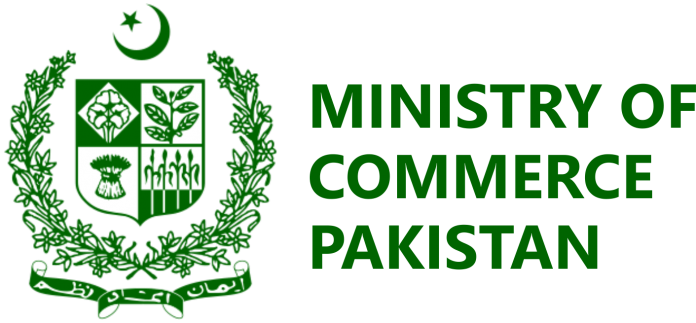The Commerce Ministry is coordinating with other government ministries to address the concerns raised by European Union (EU) firms operating in Pakistan.
Key issues include the expropriation of Independent Power Producers (IPPs), discriminatory duties in the auto sector, delays in tax refunds, and profit repatriation challenges, according to sources.
According to a news report, these matters will be discussed during the 14th session of the Pakistan-EU Joint Economic Commission on November 21, 2024, preceded by the Sub-Group on Trade meeting on November 20 at the Ministry of Commerce.
The EU delegation shared grievances faced by member companies, including Polish firms claiming Pakistani entities Shakarganj Foods and Harvester Agencies failed to honor financial commitments after receiving consignments. Poland’s Counsellor has urged an investigation to ensure the payments are made.
Other issues to be addressed include:
- Tax Refund Delays: Persistent delays in refunds have impacted operations.
- Profit Repatriation: While some progress has been made, the pace remains slow.
- Regulatory Duty (RD): Concerns over inconsistent RD rates, particularly on molasses, where the duty is unclear at either 10% or 15%.
- EV Tariffs: The removal of concessionary tariffs on electric vehicles (EVs) valued above $50,000 in the 2024-25 budget has created an impression of favoring Chinese automaker BYD at the expense of EU car manufacturers.
- Expropriation of IPPs: Ongoing concerns over IPP agreements and government settlements.
A letter from the German Embassy to Power Minister Sardar Awais Leghari, concerning the operations of Rousch Pakistan Power Limited (RPPL), has also been included in the agenda.
The Ministry of Commerce has committed to resolving these concerns ahead of the scheduled talks to ensure smoother economic and trade relations with the EU. The discussions will be critical for addressing trade barriers, boosting investor confidence, and improving Pakistan’s standing in the EU business community.




